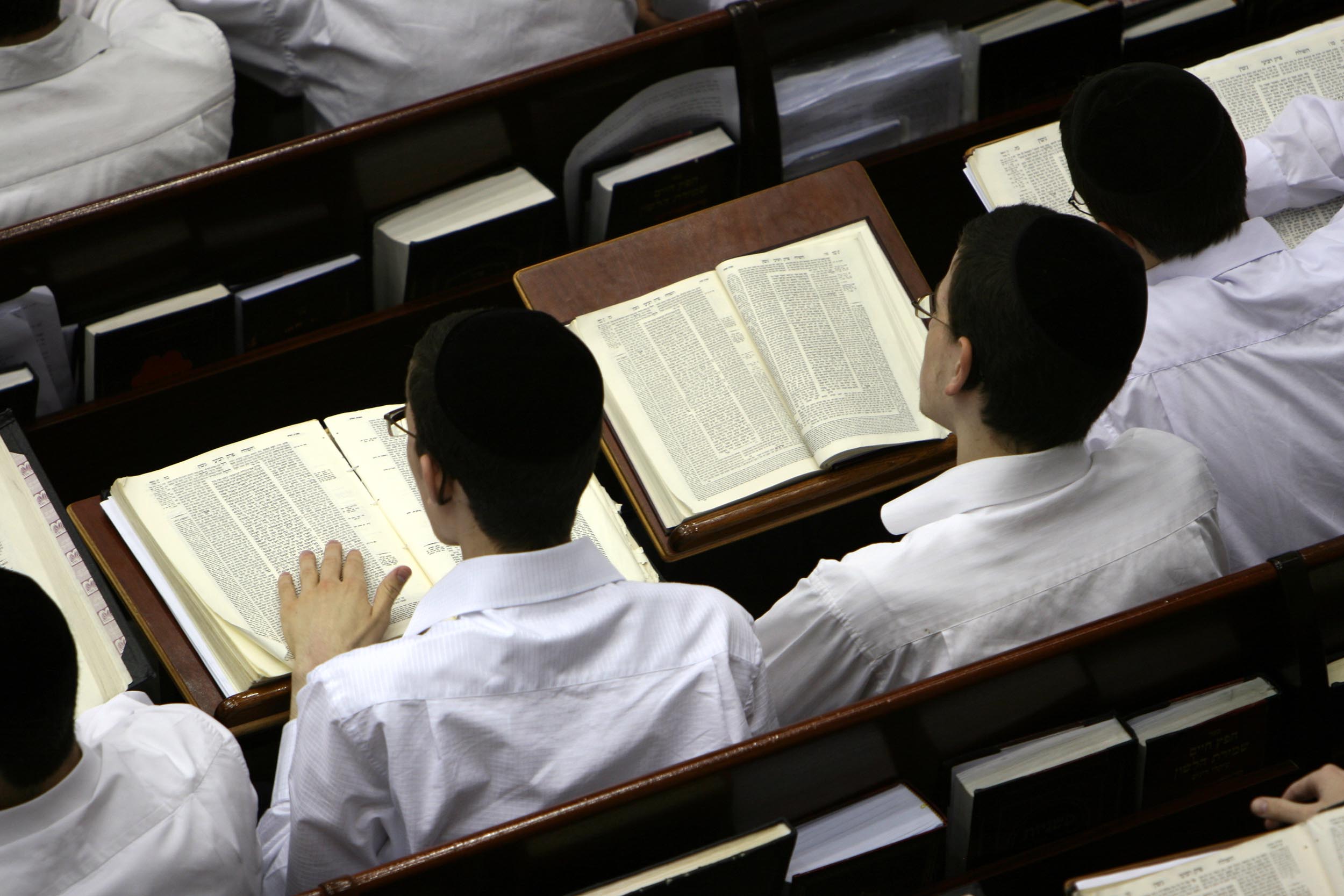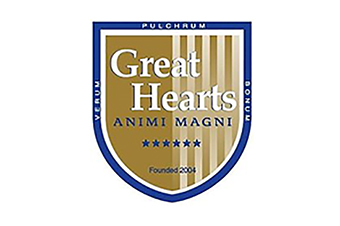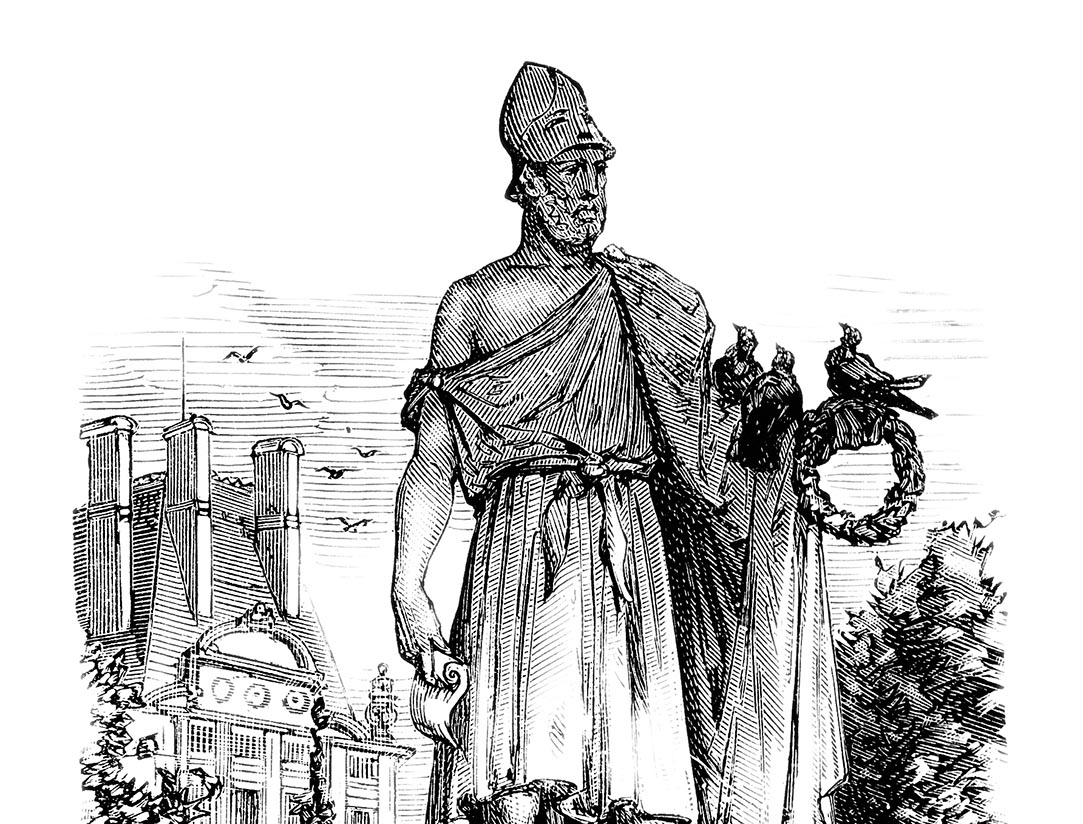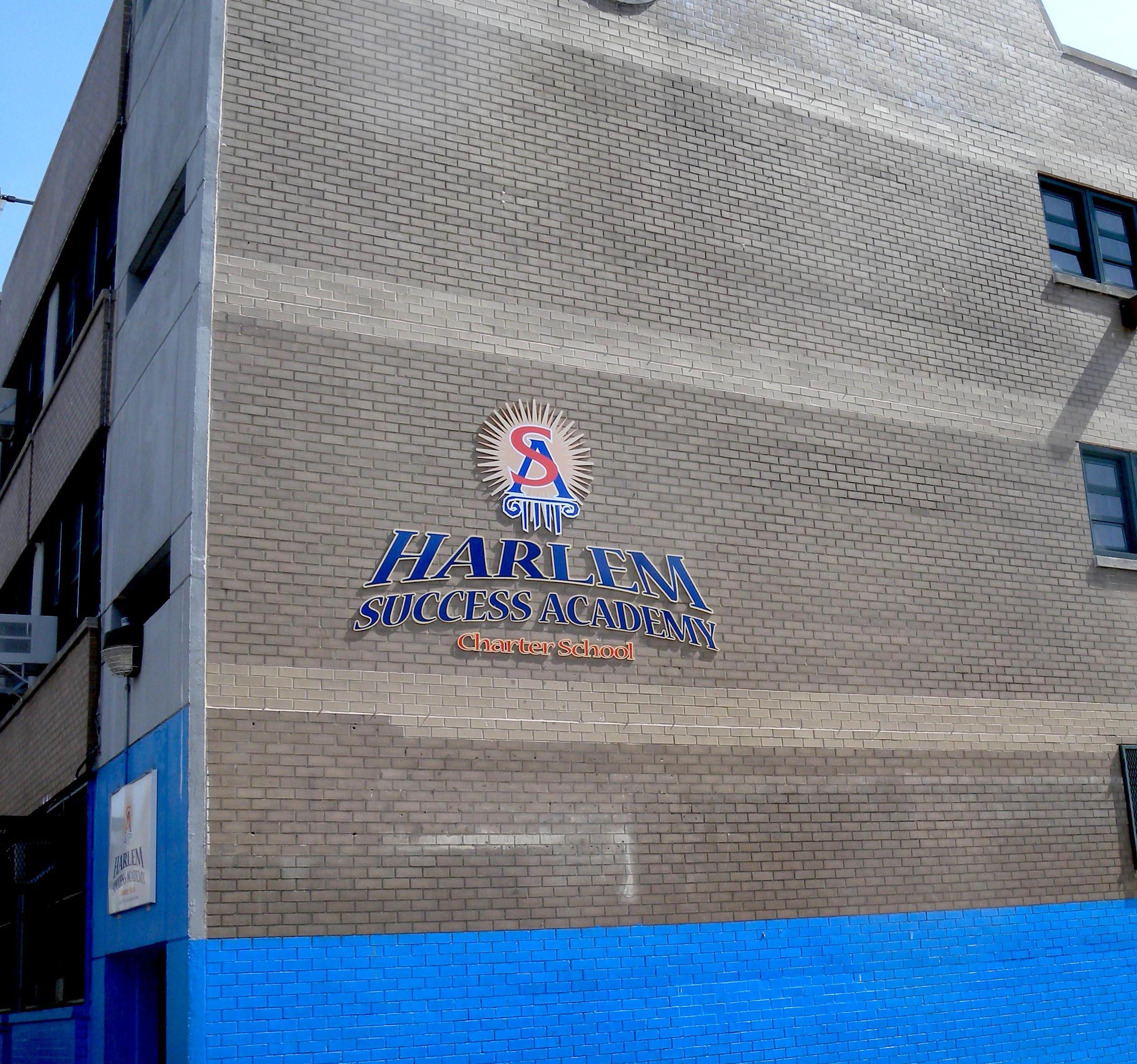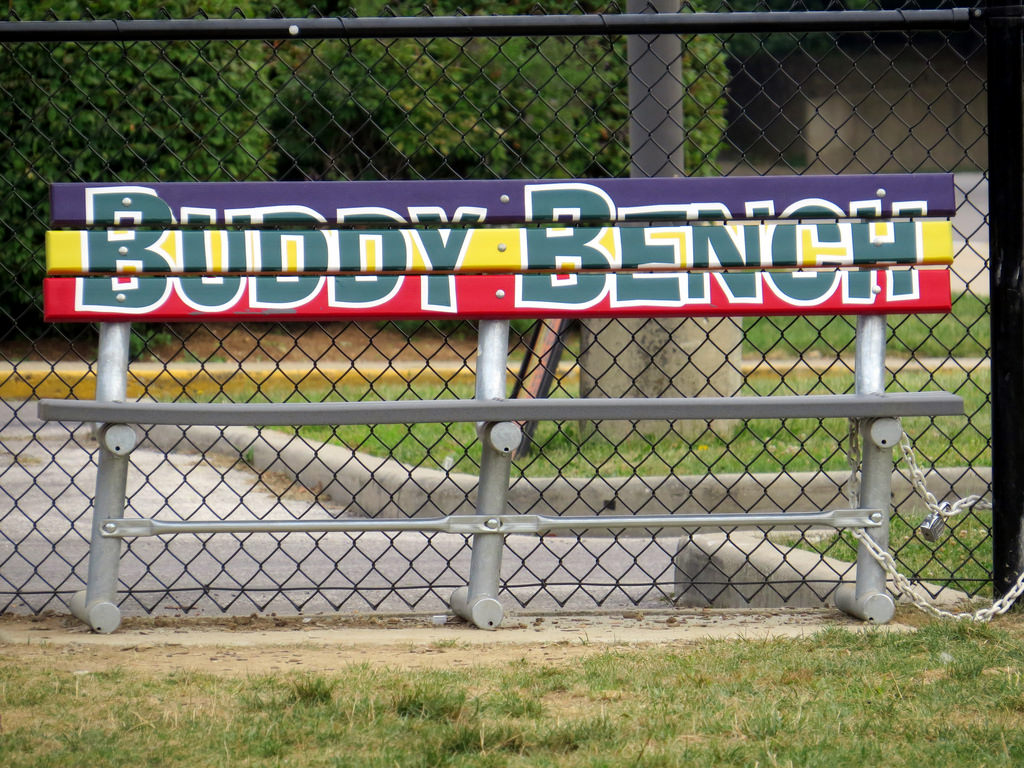A new survey of Modern Orthodox Jews in the United States provides interesting insights into the types of schools their children attend.
The research also highlights what Jewish parents think about the schools—institutions where the Institute for Advanced Studies in Culture notes a renewed focus on citizenship and character education, especially on “Musar.”
The Nishma Research Profile of American Modern Orthodox Jews, released in late September, “involved a broad literature review, individual interviews, [and] survey development and testing by experienced researchers,” as well as “guidance by an advisory group comprised of people knowledgeable of the community, including rabbinic and lay leaders, sociologists, educators, and academics,” according to the report.
“This report presents findings based on responses from 3,903 individuals in the U.S. who identified themselves as ‘Modern Orthodox or Centrist Orthodox.’”
Questions touched on a wide variety of topics, from religious beliefs to women’s roles, to successes, opportunities, and challenges facing the Jewish community.
About 83 percent of respondents’ children in grades 1–12 attend an Orthodox Jewish day school, and about 75 percent of those are coeducational, rather than single gender, schools.
At the Orthodox Jewish day schools, “Jewish studies are seen as stronger than secular studies (70 percent fully agree that Jewish programs are strong vs. 61 percent for secular studies). Fewer agree that the schools do a good job of teaching middot (52 percent), tzniut (22 percent), or sex education (22 percent),” according to the report.
Parents of Jewish students segregated at schools by gender showed very similar results, though high schools were rated better for secular education, teaching critical thinking, and special education.
“Parents rate fully coed schools best overall, while single gender schools are rated best for Jewish studies and teaching tzniut,” Nishma Research reports.
Tzniut is the concept of modesty or privacy promoted by Orthodox Judaism, while middot refers to principles used to interpret biblical passages.
The Nishma report comes as the Institute for Advanced Studies in Culture prepares to release the book, The Content of Their Character, which will feature a chapter by Prof. Jack Werthheimer on how character and citizenship are formed in Jewish schools.
In recent decades, one movement influential among Jewish movements in America, including Reform communities, is “Musar,” or “moral discipline.” In an essay for The Hedgehog Review, Geoffrey Claussen, an associate professor of religious studies at Elon University and former president of the Society of Jewish Ethics, argued that one major Musar proponent emphasizes “the honesty, humility, patience, and discipline that doing Musar requires,” and also “advises daily practice—focusing one’s attention on a given character trait every morning, engaging in self-analysis by writing in one’s journal every evening, and dedicating time for study and good deeds on a daily basis.”
Another scholar “adds to this sort of regimen by emphasizing the moral significance of traditional Jewish observance, involvement with the life of a community, and friendships that offer critical feedback,” Claussen wrote.
The intentional character formation offered in many Jewish schools draws on deep religious sources and history, and serves as an example of the type of community-centered character-education approach.
